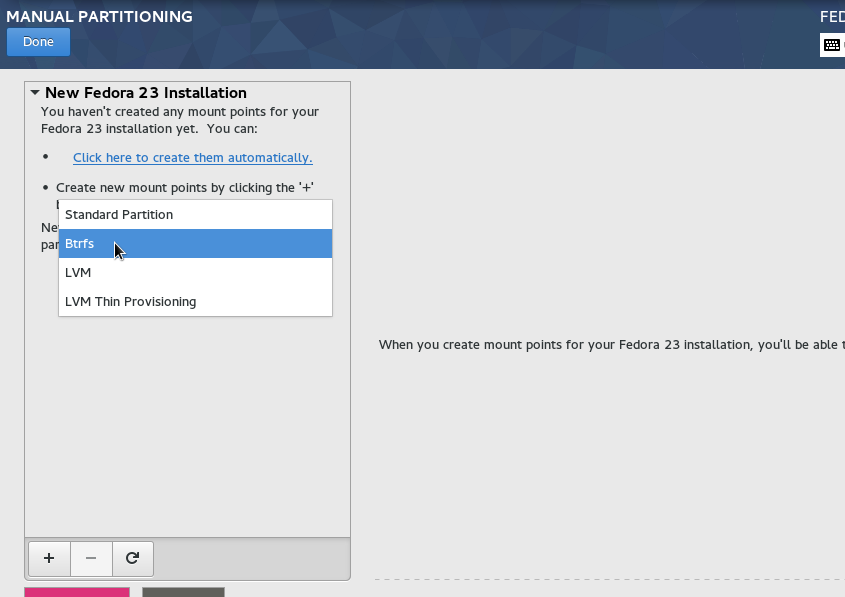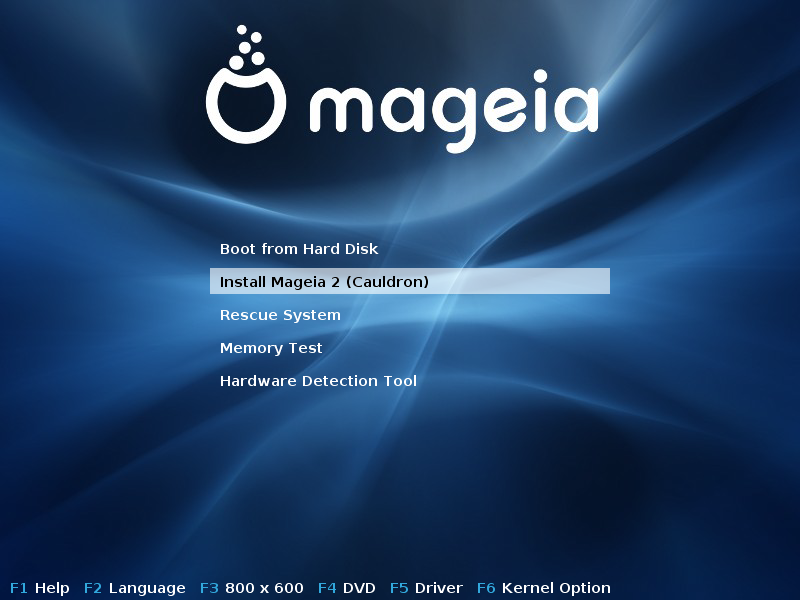A few weeks ago, I switched my development environment from Windows to Linux, on a project which was developed so far on Windows only. In this post, I want to describe the issues that brought me to this switch, a short overview how I did the actual port, and some observations on Linux for developers. This is the first post in a series of at least two, the second post will describe the tools I use on Linux right now.
Background
The project I’m working on is written in C++, with some Python tools mixed in. My original development environment was Visual Studio 2005 on Windows XP. This is already the first issue: Updating Visual Studio or Windows is not trivial, as both the OS upgrade as well as IDE updates require new licenses, and especially in companies new versions are not bought immediately.
The problems became apparent when I tried to multi-thread parts of the application. At the core, it’s doing a lot of number crunching, in small work blocks which can be processed independently. As I couldn’t use OpenMP due to dependency issues (a 3rd party library could not be linked when OpenMP was enabled), I was threading manually. Unfortunately, the application had to allocate some memory in each thread, and as it turned out, the scaling on XP was catastrophic. While I did get a speedup from 1->3 cores, it became slower from 3->4 – clearly, I was hitting some issues with either the scheduler or the memory subsystem, as my code didn’t have any I/O in it. Continued …







